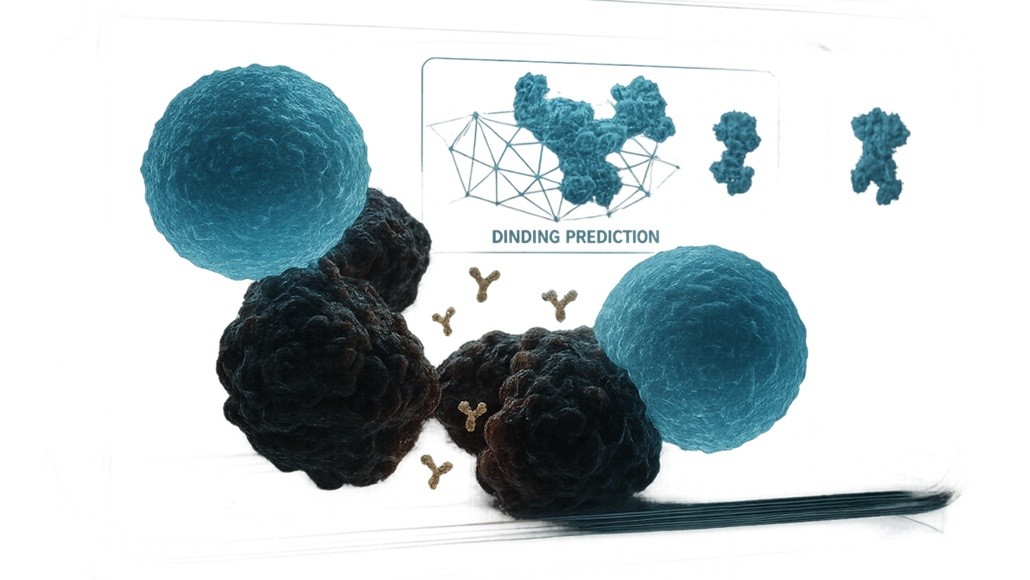There is no shred of doubt that precision cancer treatment on a larger scale happens to be moving closer after researchers have gone on to develop an AI platform that can customize protein components and arm the immune cells of the patient to fight cancer. This new method, which is published in the scientific journal Science, goes on to demonstrate for the very first time that it is possible now to design proteins in the computer so as to redirect the immune cells to target cancer cells by way of pMHC molecules.
Apparently, all this dramatically shortens the process of finding effective molecules in the case of cancer treatment and has curtailed the process from years to a few weeks.
Targeted missiles to thwart cancer
The AI platform, which has been developed by a team from the Technical University of Denmark (DTU) as well as the American Scripps Research Institute, looks forward to solving a major challenge when it comes to cancer immunotherapy by way of demonstrating how scientists can go ahead and generate target treatments pertaining to tumor cells and also avoid damaging the healthy tissues.
It is well to be noted that T cells naturally pinpoint cancer cells by way of recognizing specific protein fragments, which are known as peptides that are presented on the cell surface by molecules known as pMHCs. This usually happens to be a very slow and challenging process in order to utilize this knowledge for therapy, often due to the variation in the body’s own T-cell receptors that make it quite challenging to create a customized treatment.
Boosting the immune system of the body
In the study, the researchers went on to test the strength of the AI platform on the well-recognized cancer target NY-ESO-1, which is mostly found in a wide range of cancers. The team went on to succeed in designing a minibinder that bound tightly to the NY–ESO–1 pMHc molecules. Apparently, when the design got inserted into T cells, it went on to create a very distinct new cell product called IMPAC-T cells by the researchers, thereby effectively guiding the T cells to kill cancer cells in the laboratory experiments.
According to the author of the study and researcher at the Technical University of Denmark, postdoc Kristoffer Haurum Johansen, it was indeed very exciting to take these minibinders, which happened to be created entirely on a computer, and also see them work in an effective way in the laboratory.
The researchers also applied the pipeline to certain design binders for a cancer target that was identified in the metastatic melanoma patient, thereby successfully generating binders for this target also. All this went on to document that the method can also be used for customized immunotherapy against the novel cancer targets.
Screening of the treatments
Interestingly, a critical step in the innovation of the researchers was the development of a virtual safety check. The team went on to use AI-designed minibinders and also evaluate them with regard to pMHC molecules, which were found on healthy cells. This methodology helped them to filter out the minibinders, which could as well cause certain dangerous side effects before any experiments were practically carried out.
Five years when it comes to treatment
Timothy Patrick Jenkins, who is the associate professor at the Technical University of Denmark and also the last author of the study, says that he expects it will take almost 5 years before the new method is up and running for initial clinical trials on humans. Once the method gets ready, the treatment process is going to resemble the present cancer treatments using genetically modified T cells, which are also called CAR-T cells that are at present used in order to treat lymphoma as well as leukemia. Patients will first have their blood drawn at the hospital, which is very similar to a routine blood test. Their immune cells will then get extracted from this blood sample and thereafter be modified within the laboratory so as to carry the AI-designed minibinders. These enhanced immune cells would then get returned to the patient, where they will act like targeted missiles that are accurately finding and also eliminating the cancer cells within the body.


















